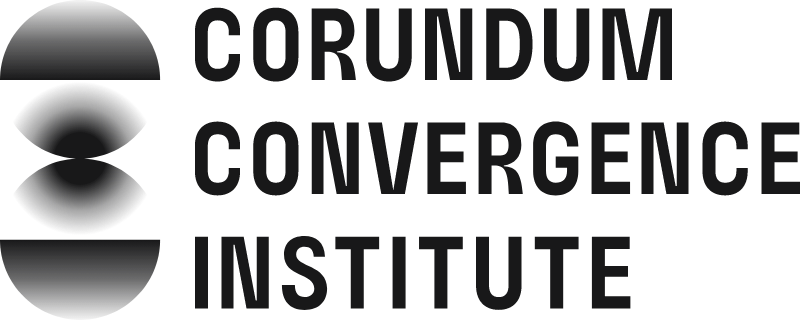MANTA Project
MANTA Project
Tackling the challenge of developing a system that enables autonomous scientific discovery using artificial intelligence and robotics.
About the Project
The MANTA Project is part of a grand challenge to develop a system that enables autonomous scientific discovery using artificial intelligence and robotics. From the lab at OIST, the project seeks to develop a fully automated and comprehensive analysis system, with the gut microbiome at its core. The name MANTA derives from initials taken from the phrase, "Multi-omics Analysis Platform for Nobel Turing challenge to develop AI scientists."
The automation at the heart of the MANTA Project will hasten research in multi-omics, which involves handling of huge amounts of human data at high-precision, from genomics and transcriptomics, over proteomics and metabolomics, to microbiome meta-genome.
The automation at the heart of the MANTA Project will hasten research in multi-omics, which involves handling of huge amounts of human data at high-precision, from genomics and transcriptomics, over proteomics and metabolomics, to microbiome meta-genome.
Full automation will generate biodata of standardized quality and reproducibility, allowing researchers to analyze human biological data with speed at a minimized cost and at the same quality, no matter where they are in the world.
With standardized biodata, the MANTA Project will pave the way to understanding how factors such as environment, lifestyle and demographics affect human health. AI analysis will significantly advance our understanding of the causes of human diseases, contribute to the development of personalized medicine, and discover new treatments and help to realize healthy longevity in humans. The platform developed at MANTA project can be applied for oral and skin microbiome, environmental microbiome including those in soil and ocean, as well as non-microbiome samples.
With standardized biodata, the MANTA Project will pave the way to understanding how factors such as environment, lifestyle and demographics affect human health. AI analysis will significantly advance our understanding of the causes of human diseases, contribute to the development of personalized medicine, and discover new treatments and help to realize healthy longevity in humans. The platform developed at MANTA project can be applied for oral and skin microbiome, environmental microbiome including those in soil and ocean, as well as non-microbiome samples.
Figure 1
Dr. Moreno Zolfo, Integrated Open Systems Unit, OIST
By leveraging AI, we will move towards a highly autonomous constellation of hardware and software modules, dynamically interacting to accomplish tasks and make significant research discoveries… I hope this facility is a valuable resource, not just for OIST but also for the global scientific community.
— Prof. Kitano
Research by: Corundum Systems Biology
